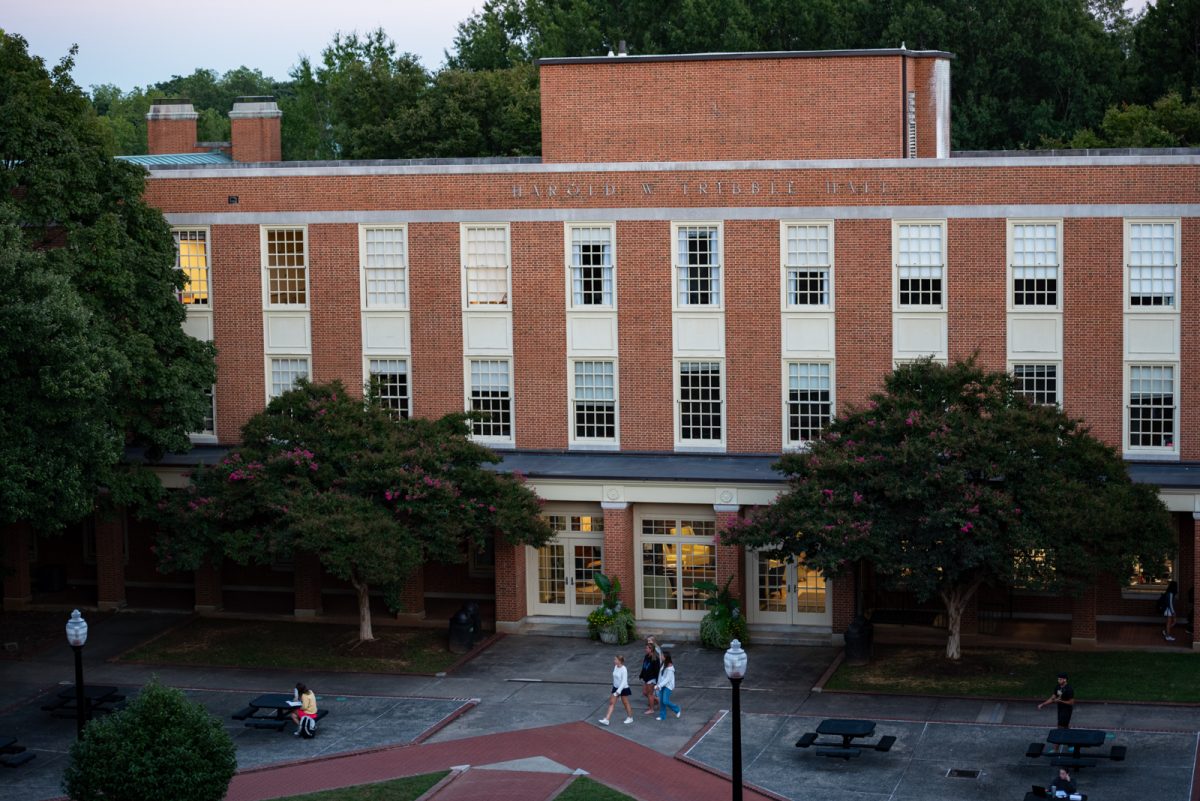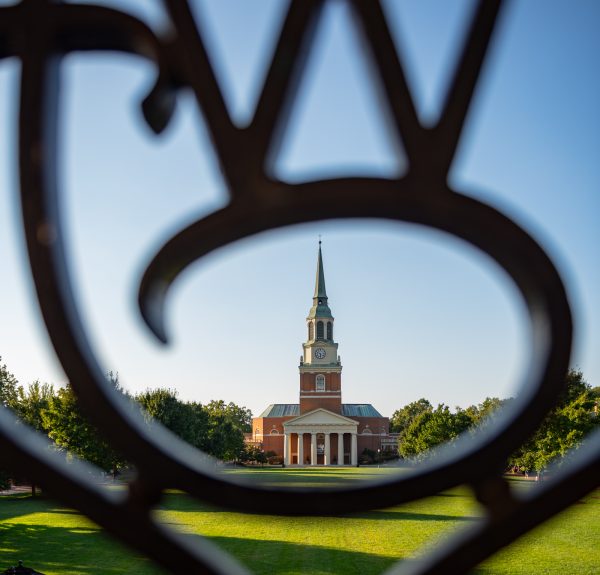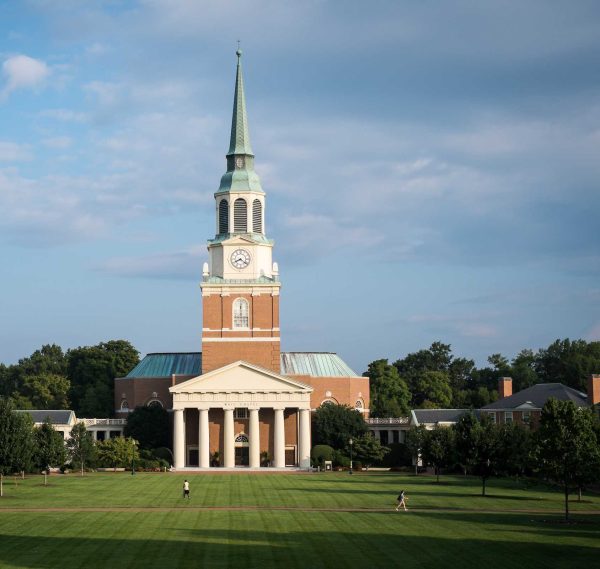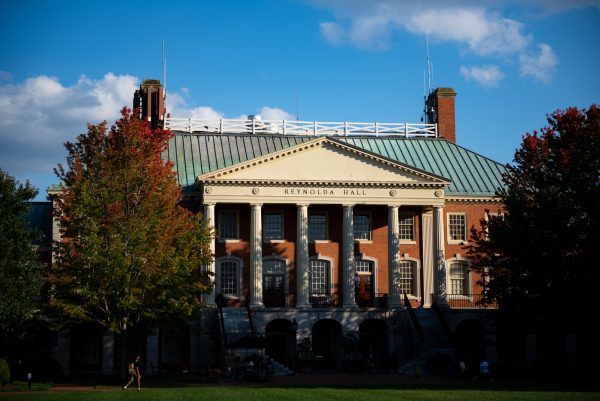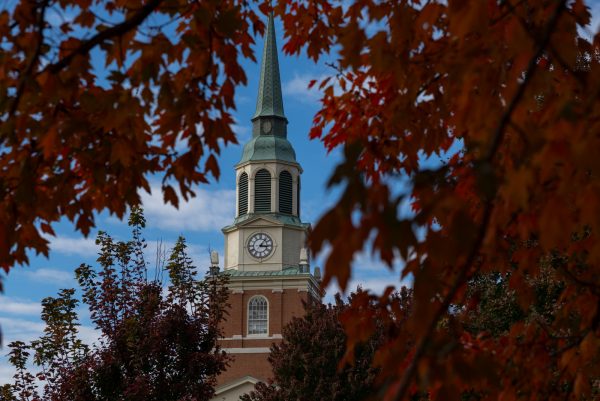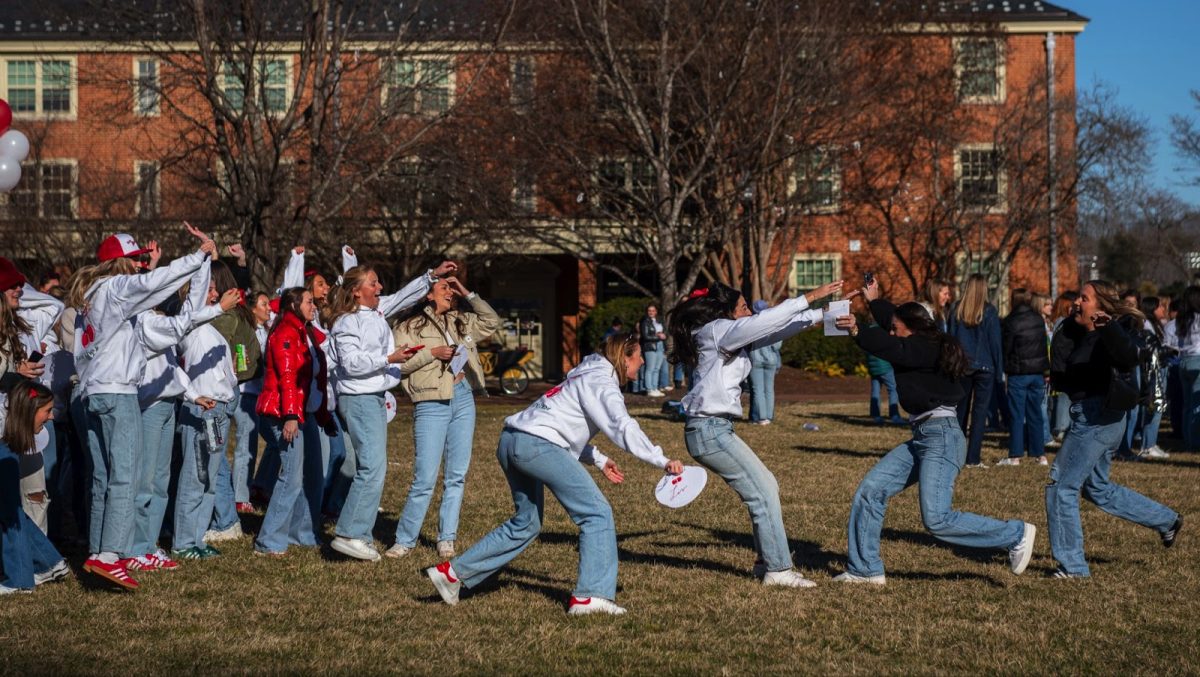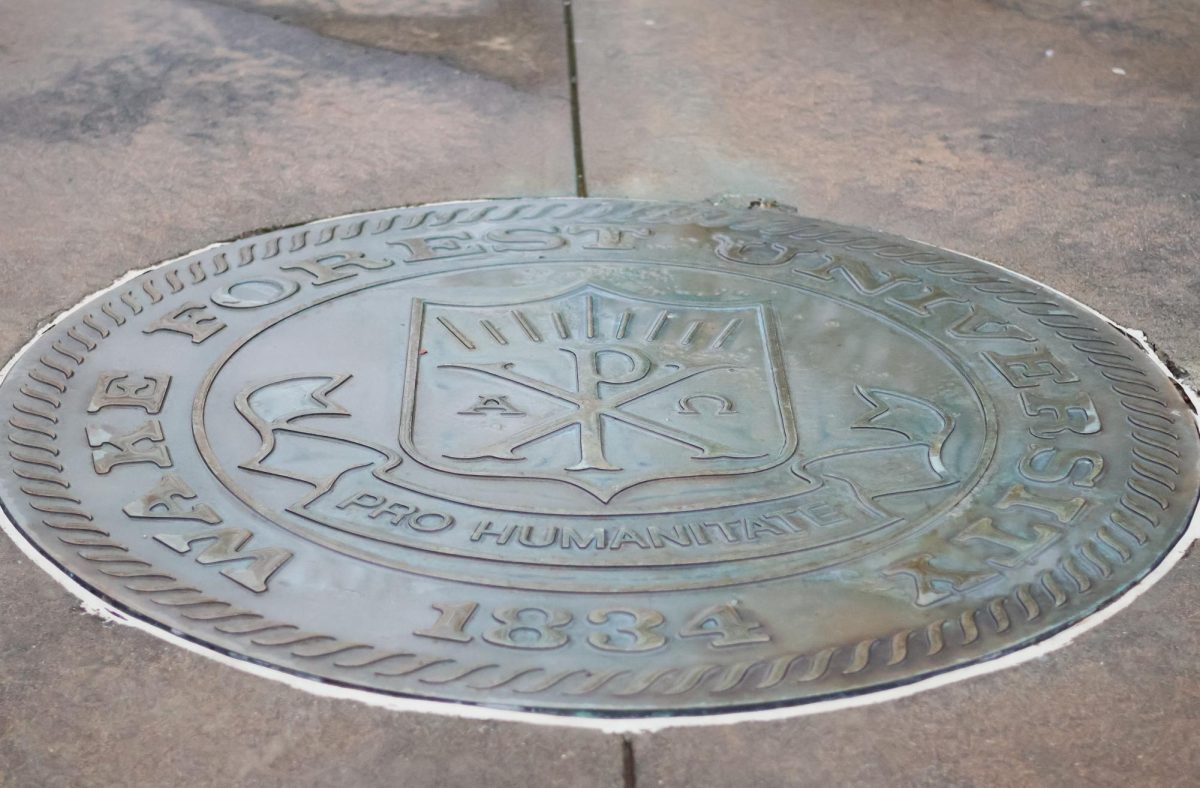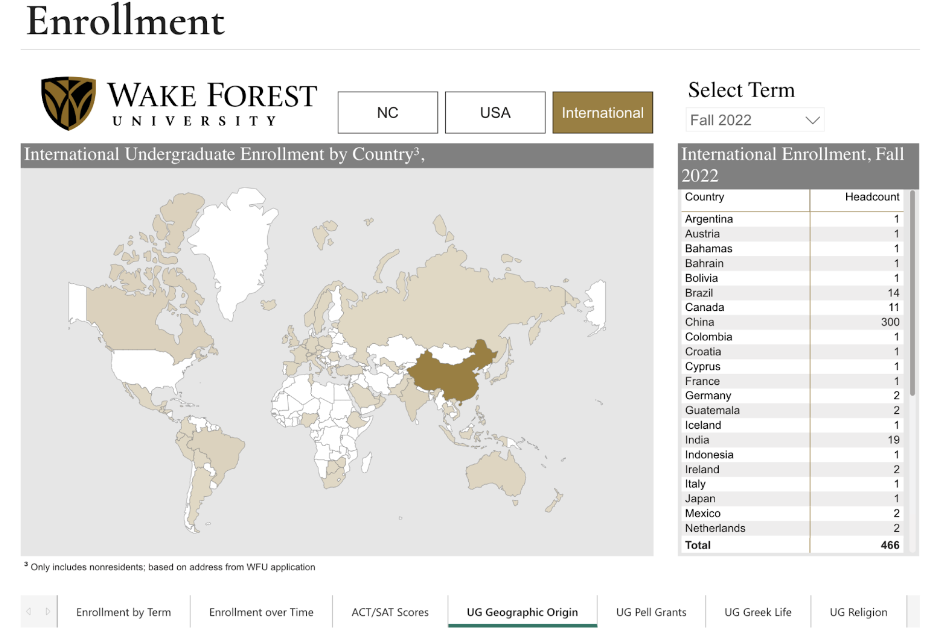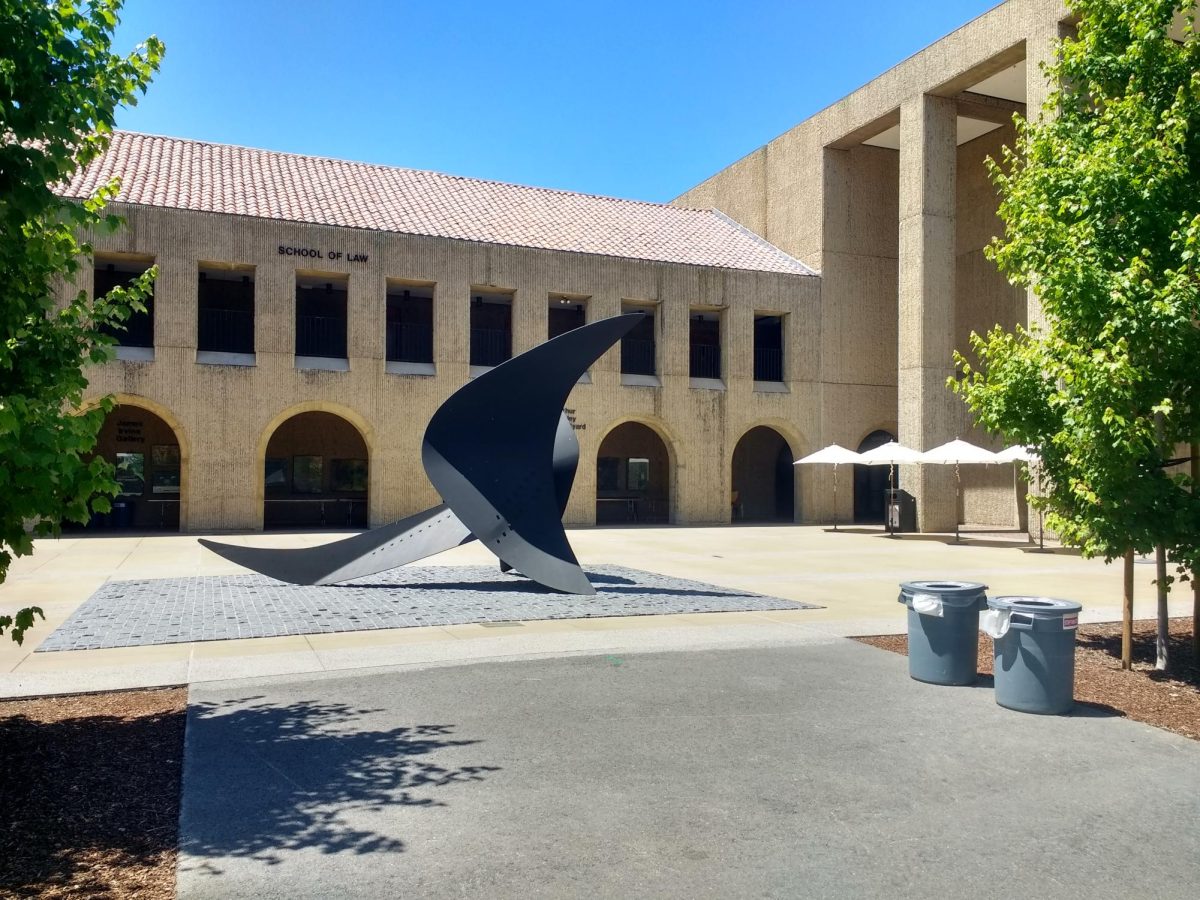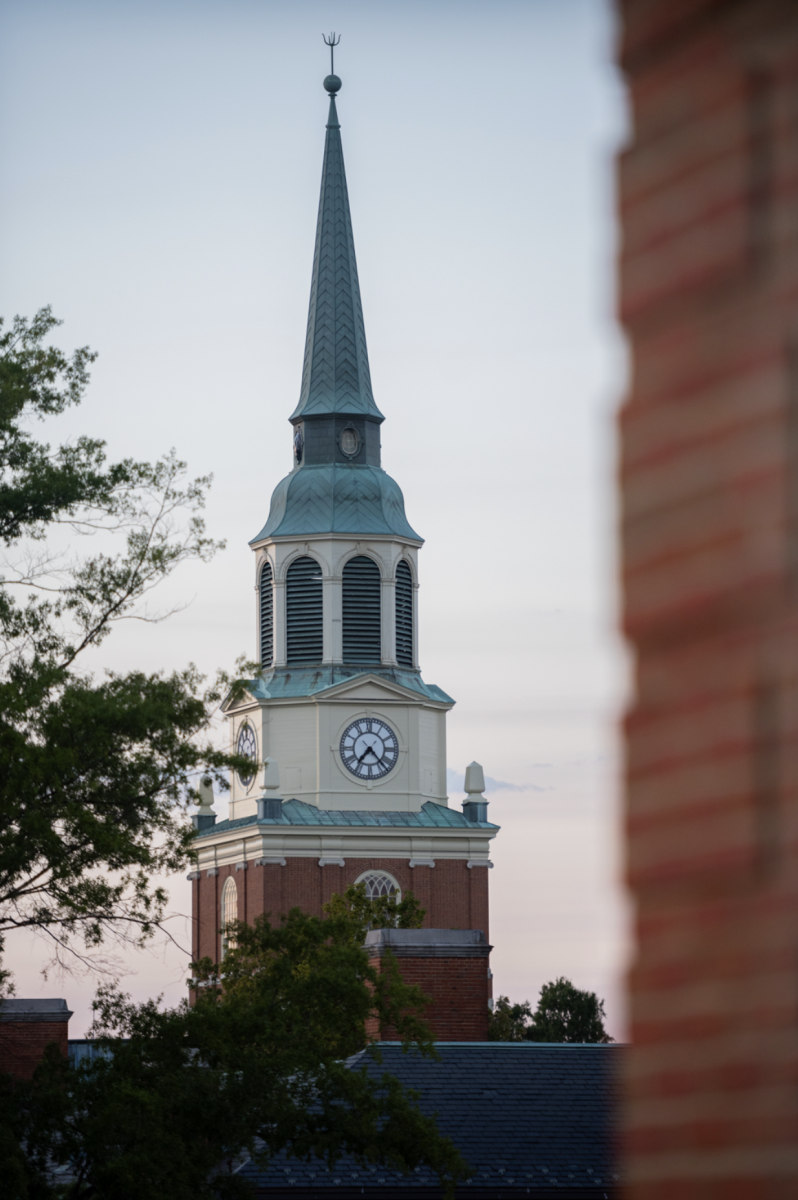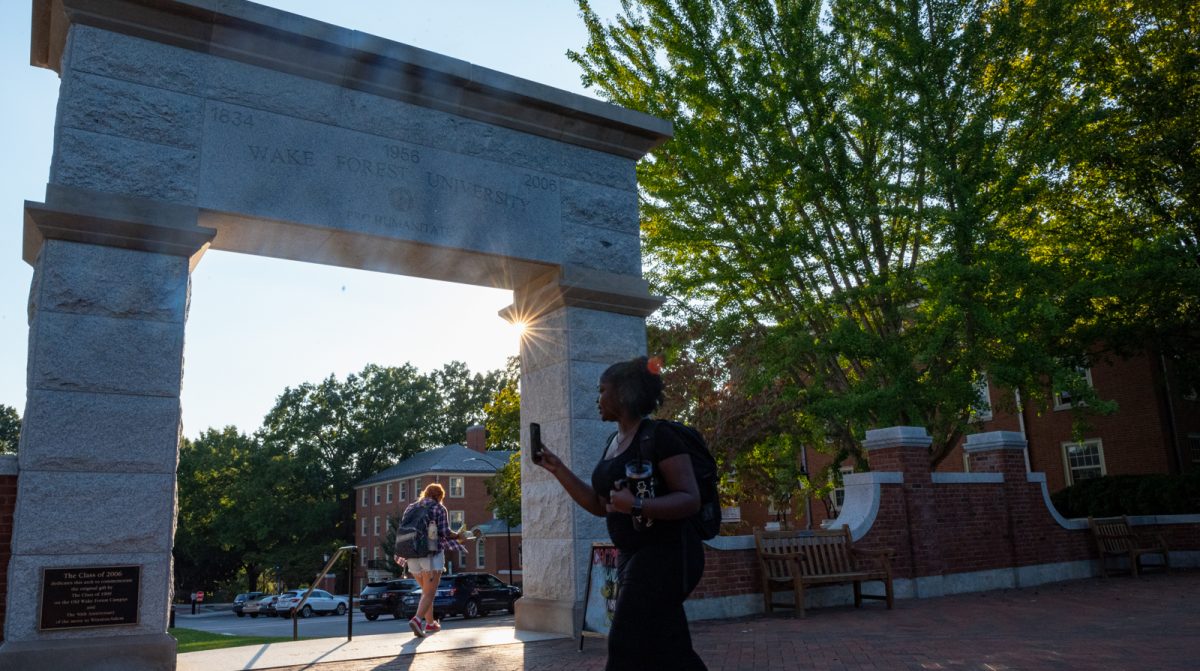Liberal arts education is under attack, and the changes in the U.S. News & World Report rankings is just the latest example.
On Monday, Sept. 18, our campus awoke to find we had dropped in the U.S. News & World Report Best Colleges rankings by 18 spots to tie with Virginia Tech and four other institutions at No. 47. As Wake Forest President Susan Wente and Provost Michele Gillespie said in their message to the university, a change in 17 of the 19 criteria for the rankings was the cause for the steep drop.
Wente and Gillespie also reiterated that Wake Forest does not make decisions based on rankings — nor should they. These rankings in part reflect a devaluation of our liberal arts curriculum, a model that sets our university apart.
An Overfocus on Outcomes
The criteria for ranking universities changed more this year than it has in 40 years according to Robert Morse, chief data strategist for U.S. News & World Report who has worked at the company since 1976. He claims that a greater emphasis was placed on outcomes measures.
What is lost in the changes are alumni giving rate — not amount — which demonstrates strength and satisfaction of alumni. They also removed class size, which goes against multiple studies that link a higher quality of education and student satisfaction. Additionally, they removed considering terminal degrees of professors, which enhance a Wake Forest education.
These specific changes ultimately reward state schools with large research departments, large class sizes and low alumni involvement — which is what they transparently intended to do.
Take Virginia Tech and Wake Forest as an example. They are ranked identically in the report, despite the vast disparities in institutions. Wake Forest has a 37% lower acceptance rate, smaller class sizes, higher first-year student retention rates and a higher rate of students who receive need-based aid. However, Virginia Tech has a stronger focus on STEM and technology.
The problem with ranking these institutions the same is that the quality of student experience is not the same. Liberal arts universities are not meant to produce labor machines to pump into the workforce, but instead nourish young adults and encourage critical thinking to in turn better society. Prioritizing physical outcomes rather than the process of learning and growth in the individual is an unfortunate by-product of changes in our country’s priorities.
The Rankings Reward Schools That Are Shuttering Humanities Program
The rankings are just one example of an overall shift in what we value in education — there is a growing emphasis on STEM and technology at the cost of the arts.
Case in point: In February, Marymount University voted to eliminate majors in art, English, history and philosophy, among others. They are not alone. West Virginia University recently made national news for cutting their world languages and threatening to cut their jazz studies, linguistics, creative writing program and more. Across higher education, foreign language is being cut — 651 programs were closed from 2013 to 2016, according to The Chronicle of Higher Education.
WVU President, E. Gorden Gee told The Washington Post that the cuts are essential to free up resources for programs in higher demand such as forensics, engineering and neuroscience.
“We are going through an existential crisis in higher education,” Gee said.
Many of the changes were intended to reward universities that prioritize diversity and affordability, which is admirable, but as a result, private, liberal arts colleges were overly penalized. This is a microcosm for a dangerous shift in America’s vision of what higher education should provide for students.
And though cutting liberal arts dramatically reduces the quality of education, the US News rankings seem to reward these cuts. WVU rose from No. 234 to No. 216 in the new rankings of National Universities. The message is that the liberal arts do not matter to our workforce.
This devaluation of the liberal arts is reflected in our federal budget, too. The National Endowment for the Humanities (NEH)’s budget in 2022 was $180 million. Meanwhile, the National Science Foundation’s budget has doubled in the past two decades and is now 50 times larger than the NEH.
Concerningly, higher education is being infiltrated by far-right politicians such as Wiconsin’s Scott Walker, Kentucky’s Matt Bevin and notably Florida Gov. Ron DeSantis are part of the force behind the standardization of practical, vocational education. DeSantis has recently worked to transform a small, liberal arts institution in New College of Florida, based in Sarasota, Fla., into a conservative institution by removing and then replacing the college’s president and nearly half of the college’s trustees.
These changes are concerning and threaten academia.
A Defense of the Liberal Arts
The changes in criteria promote the notion that education and knowledge is only valuable if it produces a tactile result — this is a repudiation of a structure of learning that has been around since Socrates and Aristotle and has inspired foundations of democracy, liberty and personal freedom.
Humans are natural scholars and our minds are worth more than what objects we produce and how much money we earn. It is worthwhile to have dialogues revolving around abstract ideas that do not result in concrete answers. The value comes from exercising and challenging complex ideas and not in always finding definite answers.
As scholars, we should not require finding exact conclusions to merit having academic conversations.
With the rise of AI Technology, the logical response should be to foster free, human thinking rather than putting greater emphasis on STEM and the production of material goods. The value of the liberal arts education is that engineers can also be well-versed in philosophy. Neuroscientists can be creative writers. Journalists can also study biochemistry. Both spaces can co-exist and they should.
Wake Forest should not sacrifice their liberal arts values in order to reclaim our top-30 ranking. I’m encouraged by our leadership reaffirming their commitment to our Pro Humanitate values and their increased efforts to make our campus more diverse and inclusive to all groups, which was admittedly overdue.
Wake Forest is an elite liberal arts institution that encourages free thought, and its values should not change because the basis for rankings changed.


